Mozambique: Deep sorrow, shock at district police commander’s murder – Marracuene
Canada announces $3.5M in cyclone aid funds as tens of thousands in southern Africa need help
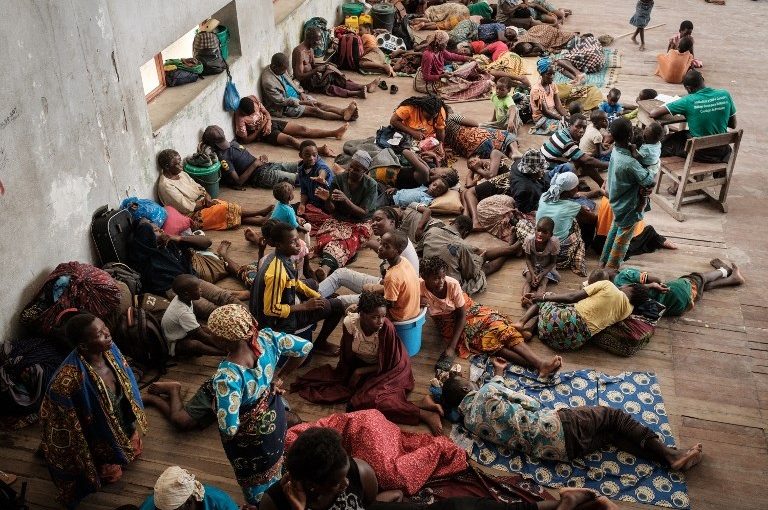
People in Buzi, a district of Beira, take shelter in a secondary school (AFP Photo/Yasuyoshi CHIBA)
The Canadian government is sending $3.5 million to assist in the humanitarian crisis unfolding in the wake of Cyclone Idai in southern Africa.
Global Affairs Canada made the announcement on Saturday morning, stating that money will be used to support humanitarian organisations responding to the worst-hit places in Mozambique, Malawi and Zimbabwe.
“Canada is providing life-saving humanitarian assistance as Malawi, Mozambique and Zimbabwe deal with the impact of this horrific tropical cyclone. Canada’s assistance, provided through trusted humanitarian partners, will help meet the immediate needs of vulnerable communities in all three countries,” Minister of International Development Maryam Monsef said in a statement.
The death toll following Cyclone Idai is more than 600 and could increase further as flood waters recede, aid workers say.
It’s estimated that two million people have been impacted by the cyclone.
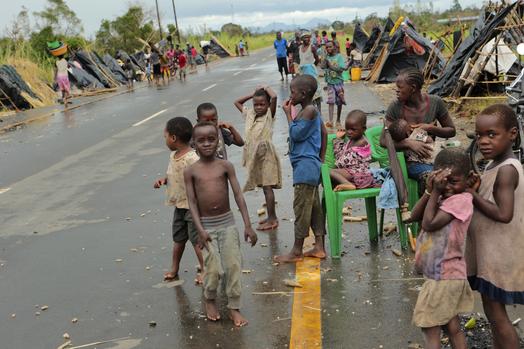
A second week has begun of efforts to find and help tens of thousands of people after Cyclone Idai devastated parts of southern Africa.
Members of the Indian and South African militaries are joining aid groups in flying over stretches of central Mozambique as they look for signs of life and people in need.
As of Saturday, at least 732 people have died in Mozambique, Zimbabwe and Malawi because of storm, and the number was expected to rise as floodwaters recede, government and United Nations officials said.
The death toll in hardest-hit Mozambique has risen to 417, a government official said, adding the situation remains critical. The number of people displaced is estimated to be around 600,000, with 17,400 homes damaged or destroyed.
The shattered Mozambican city of Beira and other communities are now home to crowded displacement camps, both organised and informal. With communications badly affected by the cyclone and some families separated in the chaos, a program aimed at reunification is now underway.

“Every day we discover that the destruction left by Cyclone Idai is worse than we imagined,” Hicham Mandoudi, the International Committee of the Red Cross’s head of sub-delegation in Beira, said in a statement. “We are deeply concerned about remote communities that are cut-off by flooding and landslides and are yet to receive any humanitarian assistance. More rain is expected to come, which will compound the suffering of people who have already lost everything.”
Mozambique’s government has formally requested assistance from the international community, the UN humanitarian office said, opening the door to further aid efforts.
Almost exactly a week after #CycloneIdai made landfall, the Mozambique govt has issued a “Note Verbale” formally requesting international assistance, including food, shelter, education, health and non-food items, as well as logistical support https://t.co/Tt2nMDBjeY
— Matt Hill (@mattstephenhill) March 21, 2019
UN Secretary-General Antonio Guterres on Thursday appealed for stepped up support for victims of Idai, saying the UN and its humanitarian partners are scaling up the response but “far greater international support is needed.”
A World Vision worker describes the devastation on the ground:
“This is a disaster on a scale that we’ve not witnessed here in Mozambique or southern Africa in decades. Entire communities have been completely wiped out.” Watch World Vision’s Shelby Stapleton on @GlobalBC to find out how you can help. #CycloneIdai https://t.co/gx0DGK6d3l
— World Vision Canada (@worldvisioncan) March 22, 2019
The UN chief said in a statement that “with crops destroyed in the breadbasket of Mozambique more people are at risk of food insecurity in all three countries.”
The Canadian government announced on Saturday it will provide initial funding of up to $3.5 million in emergency assistance to support humanitarian organisations responding to the disaster. Canada will also be donating relief supplies, including tarpaulins, shelter kits, mosquito nets and blankets.
Beira, the city at the centre of aid efforts for Mozambique, still can only be reached by land or sea. Local fishermen have joined the rescue efforts, ferrying stranded people about 50 or so at a time to the city’s beach or port.
With cellphone communications struggling to return, some residents have lined an overpass known for having a better chance of receiving a signal.

Prices of food and other basic items are doubling, even tripling. People wait in line outside stores, let in one by one in an effort to prevent looting.
Throughout the region, emergency air efforts focus on spotting stranded people and communities in the hope of dropping aid or plucking those in dire need to safety.
There are signs of life in the inundated landscape, even smoke from some cooking fires.
As waters recede, however, aid workers expect the death toll to rise as bodies are found.
With water and sanitation systems largely destroyed, waterborne diseases are also a growing concern.
This map shows the extent of the flooding on Thursday. Rescue efforts continued Friday, as teams try to determine how many people are in need of help.



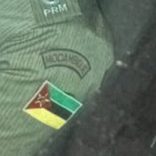

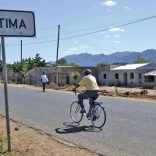

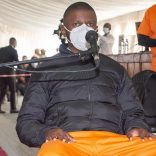





Leave a Reply
Be the First to Comment!
You must be logged in to post a comment.
You must be logged in to post a comment.